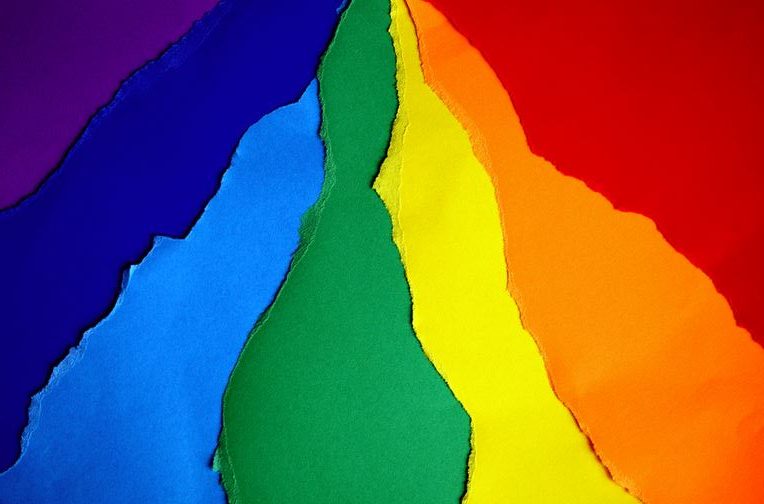Walking through academia as an LGBTQAINB+ individual is a unique dance of balancing identity and intellect, where each step is both delicate and deliberate. While academia projects itself as a sphere of inclusive and progressive thinking, the echoes of societal stereotypes and prejudices subtly find their way through the maze of its hallowed corridors.
Life in academia is already a pressure cooker of challenges, including securing funding, publishing frequently, meeting high expectations, and often engaging in competitive environments. For LGBTQAINB+ scholars, there is an additional layer of challenges that quietly weave through their daily lives, professional interactions, and personal reflections.
LGBTQAINB+ scholars carry more than their fair share of invisible responsibilities. Beyond their conventional academic roles, they inadvertently become advocates and ambassadors for inclusivity and diversity. These scholars offer support to students wrestling with their identities, subtly challenge the discriminatory status quo, and continuously negotiate the delicate balance of visibility for the sake of safety and career progression.
Furthermore, in their journey, these scholars constantly encounter and wrestle with stereotypes that are both stifling and limiting. Stereotypes, while seemingly innocuous, can be harmful and marginalizing, casting long and distorting shadows over the authentic experiences and identities of LGBTQAINB+ academics. The burden of constantly debunking myths, challenging assumptions, and correcting misunderstandings is wearisome, and it adds to the mental and emotional taxation these individuals undergo.
For instance, there’s a pervasive stereotype that LGBTQAINB+ individuals are overly sensitive or excessively focused on their identities. Such a stereotype trivializes the valid concerns and issues they raise regarding representation and inclusivity, often leading to a lack of genuine engagement with the problems at hand. In environments where open dialogue and intellectual debate are paramount, these stereotypes act as silent barriers, limiting the extent to which LGBTQAINB+ scholars can express themselves and be heard.
These scholars also navigate through subtle microaggressions and exclusionary practices, whether in the form of language used, assumptions made, or expectations set. Such actions, while perhaps not malicious, are nonetheless hurtful and isolating. Each joke, each comment, and each expectation subtly communicates a message of otherness, silently pushing them to the margins of academic life and discourse.
However, amid these challenges, it’s vital to acknowledge and celebrate the indomitable spirit, resilience, and contributions of LGBTQAI+ individuals within academia. Their stories, while marked by struggle, are also narratives of triumph over adversity, of finding and forming community, and of making meaningful contributions to knowledge and understanding.
Each of these scholars adds a unique thread to the rich and diverse tapestry of academia, bringing in perspectives and insights that are invaluable. Their journey, while difficult, illuminates the path for others, gradually bending the arc of academia toward true inclusivity and diversity.
Understanding, acknowledging, and supporting the experiences of LGBTQAI+ scholars is not just about equity, justice, or inclusivity. It is about ensuring that academia truly becomes a space where diverse ideas flourish, where every voice is heard, and where each individual, regardless of their identity, can engage fully and authentically in the pursuit of knowledge and understanding. Because in an environment where every scholar thrives, the entire academic community stands to benefit, grow, and evolve.”
